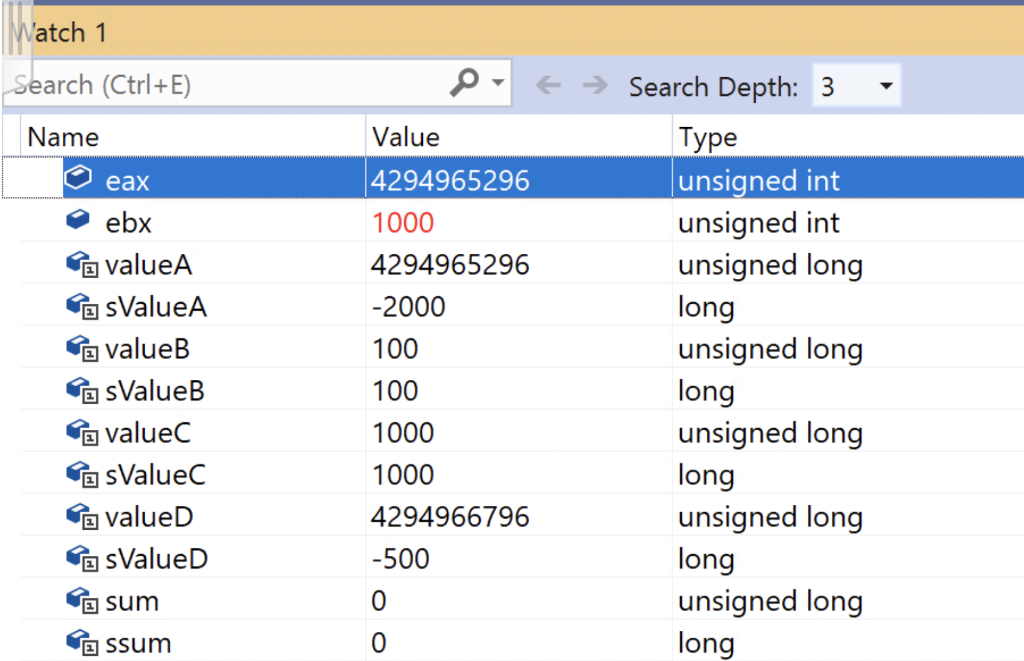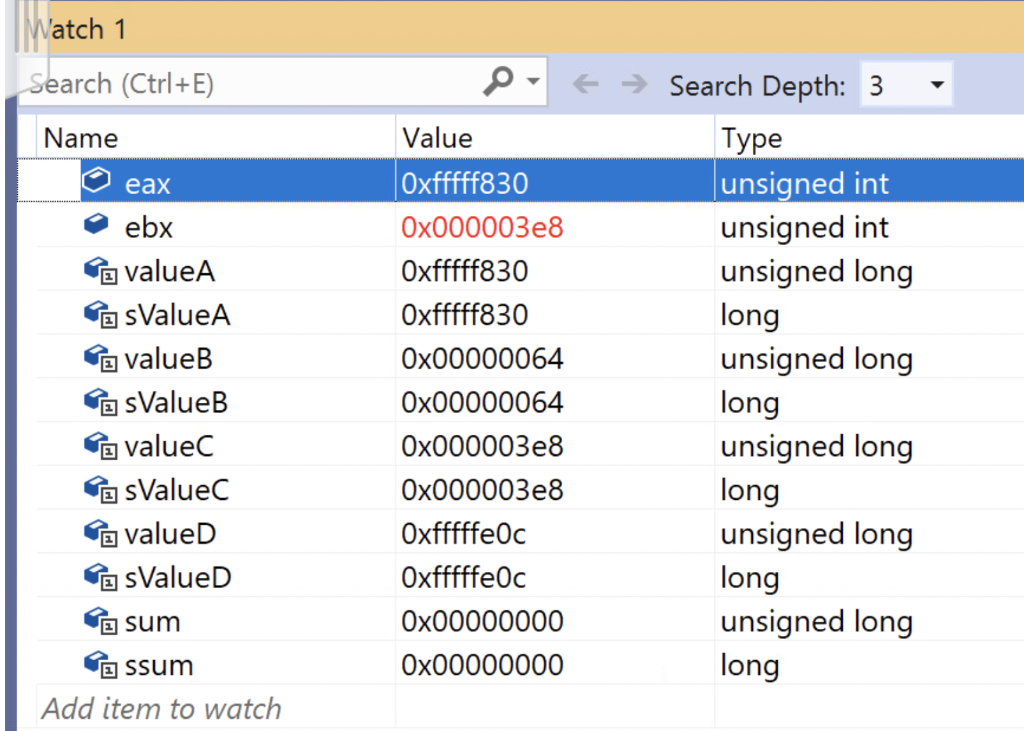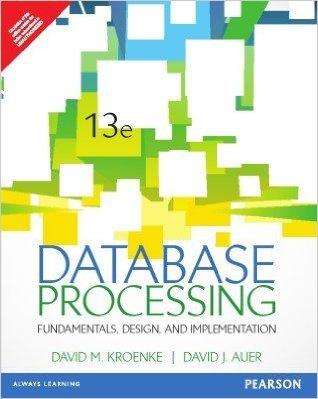Question
Define five (sum, valueA, valueB, valueC, valueD) 32-bit unsigned variables and, five (ssum, svalueA, svalueB, svalueC, svalueD) 32-bit signed integer variables. The Variable sum (ssum)
Define five (sum, valueA, valueB, valueC, valueD) 32-bit unsigned variables and, five (ssum, svalueA, svalueB, svalueC, svalueD) 32-bit signed integer variables. The Variable sum (ssum) will be assigned the result at the end of program. Other variables will be replaced with the following values.
**(Test your code with the following 3 cases by replacing the values in the variables. ONLY submit one of the cases in the source code)
Case 1: A = 1000, B = 500, C = 450, D = 100
Case 2: A = - 2000, B = 100, C = 1000, D = -500
Case 3: A = 1000, B = 300, C = 2000, D = 500
**At most ONE memory operand can be used in the ADD, SUB, and MOV instructions. In order to perform the calculation correctly, use the general-purpose registers (EAX, EBX, ECX, EDX) in the instructions if necessary.
An example of the output:


Watch 1 Natch 1 Add item to watch
Step by Step Solution
There are 3 Steps involved in it
Step: 1

Get Instant Access to Expert-Tailored Solutions
See step-by-step solutions with expert insights and AI powered tools for academic success
Step: 2

Step: 3

Ace Your Homework with AI
Get the answers you need in no time with our AI-driven, step-by-step assistance
Get Started


